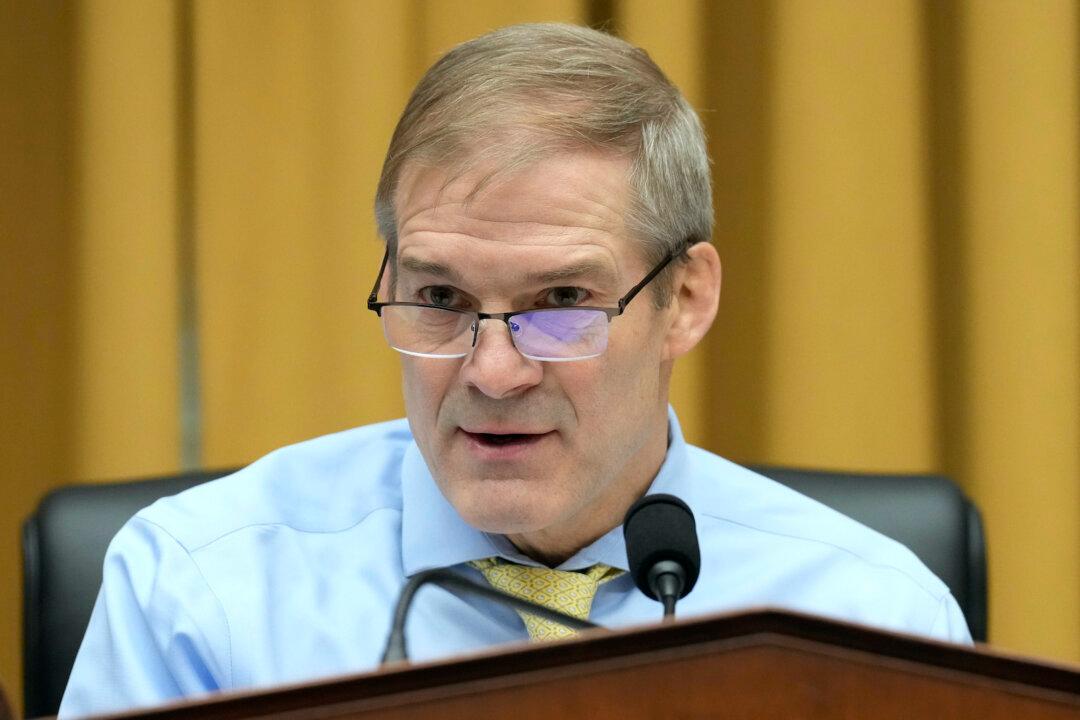House Republicans said in a March 30 hearing said that collusion between Big Tech and the government amounts to a “censorship industrial complex.”
The hearing, the second round for Republicans’ Select Subcommittee on the Weaponization of the Federal Government, featured witnesses including Sen. Eric Schmitt (R-Mo.), Louisiana Attorney General Jeff Landry, and D. John Sauer, former Missouri deputy attorney general for special litigation.





